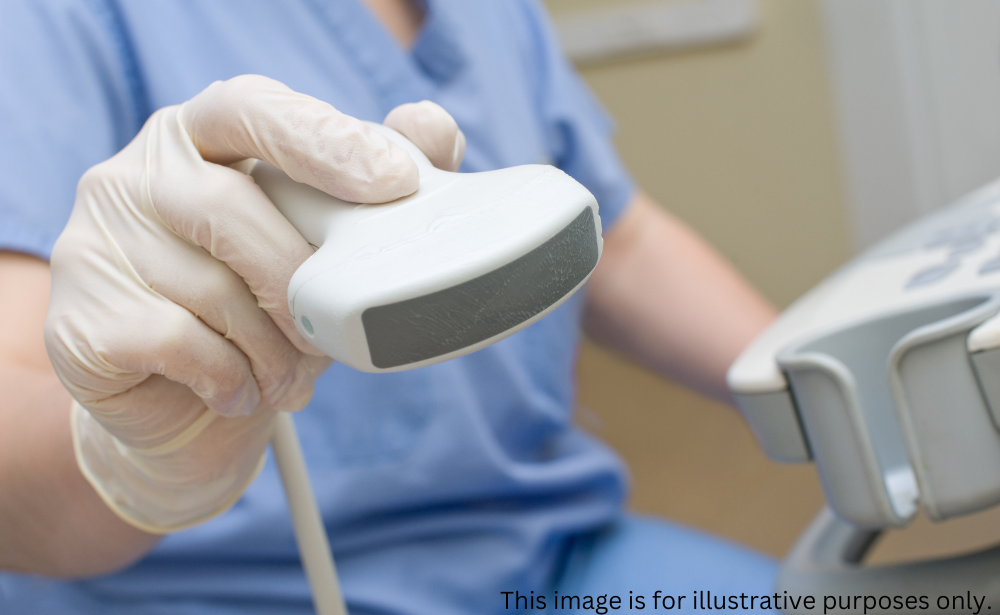The early and accurate detection of chromosomal abnormalities remains a cornerstone of modern prenatal care. Down syndrome (Trisomy 21), caused by an extra copy of chromosome 21, is one of the most prevalent genetic conditions globally. It presents a range of phenotypic traits and cognitive challenges, making timely diagnosis essential for both medical intervention and parental preparedness.
In a recent publication indexed by the Institute of Electrical and Electronics Engineers (IEEE), researchers Vidhyasagar Bs, Sree Chandana Madamanchi, and Sivakumar Kalimuthu of SEGi University provide an in-depth review of contemporary advancements in deep learning approaches for the detection of Down syndrome through ultrasound imaging. The study, presented at the 2024 ICETITE Conference in India, consolidates current methodologies that leverage machine learning (ML) and deep learning (DL) techniques—particularly convolutional neural networks (CNNs)—to interpret prenatal ultrasound scans with greater accuracy and consistency.
This scholarly review critically examines recent datasets, model architectures, and performance outcomes, revealing the increasing role of artificial intelligence in transforming traditional diagnostic practices. The paper highlights the promise of DL models in identifying key ultrasound markers such as nuchal translucency and facial profiles, which are indicative of Trisomy 21. Such advancements not only enhance diagnostic precision but also reduce the reliance on invasive procedures, mitigating associated risks to both mother and child.
Sivakumar Kalimuthu, representing SEGi University, contributes his expertise in biomedical informatics and AI applications in healthcare, aligning with SEGi’s institutional commitment to translational research and innovation-driven impact.
The review also outlines pressing challenges, including the need for larger, annotated datasets, ethical considerations in AI deployment, and the integration of AI tools into clinical workflows. The authors propose future directions to ensure that these technologies are not only scientifically robust but also ethically and socially responsible.
This work contributes meaningfully to the advancement of digital health innovation.
Read the full research here: https://ieeexplore.ieee.org/document/10493220
This research is in line with United Nation’s Sustainable Development Goals, such as:
Goal 3 – Good Health and Well-being, which aims to ensure healthy lives and promote well-being for all at all ages.

